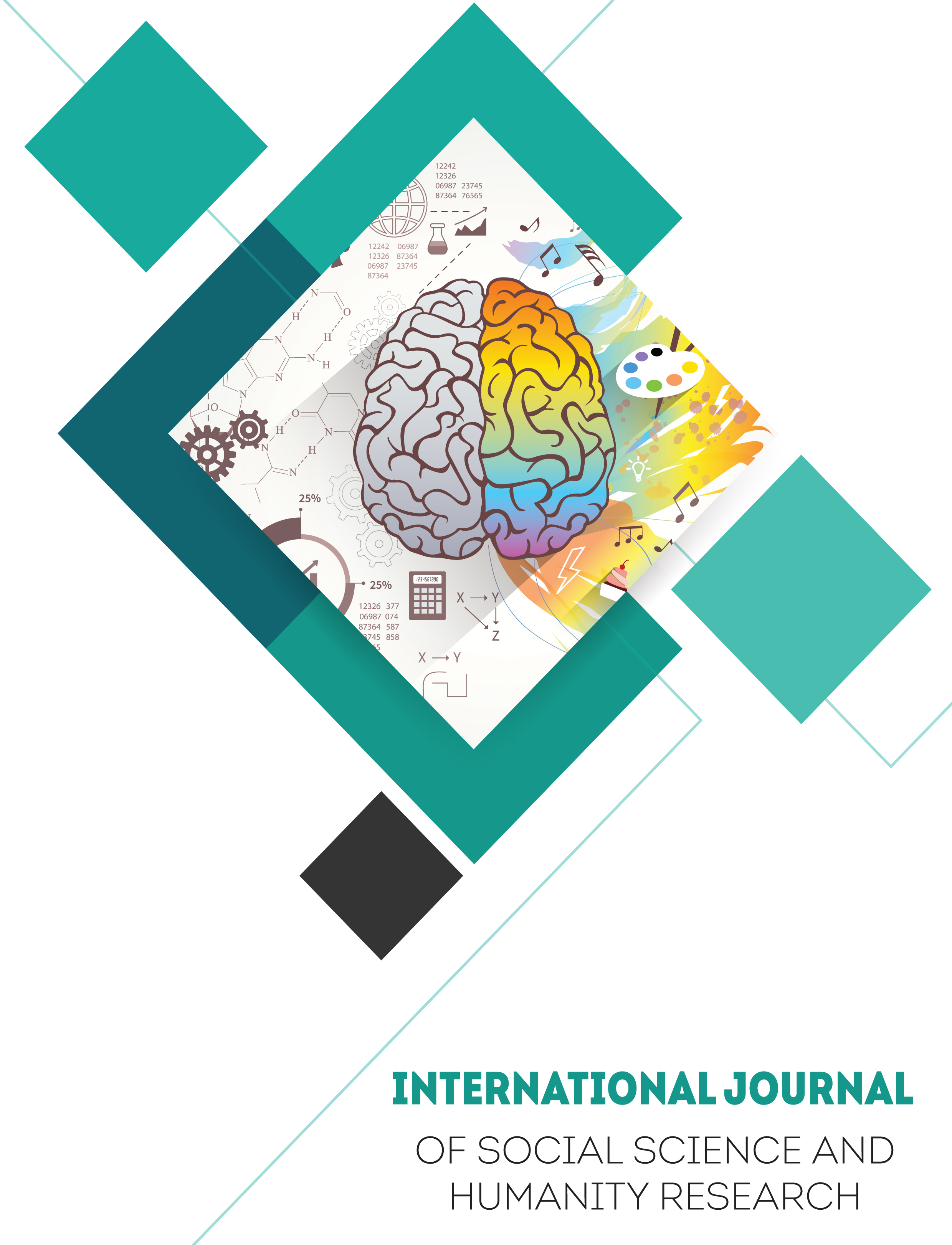The Chinese dementia patients' quality of life is improved through human resources and organizational strategies
Main Article Content
Abstract
The goal of this study was to see if Parkinson's disease (PD) and depression are independent risk factors for dementia or if they interact to increase the risk. Methods. Between January 2001 and December 2008, patients with a recent Parkinson's disease diagnosis and control participants were selected from the Taiwan National Health Insurance Research Center's database. This cohort was divided into three groups: controls (with or without depression), people with Parkinson's disease alone, and those with Parkinson's disease and depression. The incidence rate of dementia and hazard ratio (HR) for each group were calculated using Cox's regression analysis. Results. Compared to controls without depression, the adjusted HR for dementia was 3.29 in the group with Parkinson's disease alone, 2.77 in the group with Parkinson's disease and depression, and 1.55 in the group with only depression. The incidence rate of dementia was 29.2 in the group with only Parkinson's disease, compared to 13.2 in the group with depression. In the group of people suffering from depression, the impact of PD on dementia resulted in an HR of 0.97. Alzheimer's disease was among the risks associated with Parkinson's disease. Depression, on the other hand, did not function as a risk factor for dementia in people with Parkinson's disease (PD), despite the fact that it did. The purpose The purpose of this study is to investigate the role of Human Resource Management (HRM) during a crisis, with a focus on the impact of teleworking and telecommuting as new working realities. The impact of technological advancement on the use of human resources
Article Details

This work is licensed under a Creative Commons Attribution 4.0 International License.

